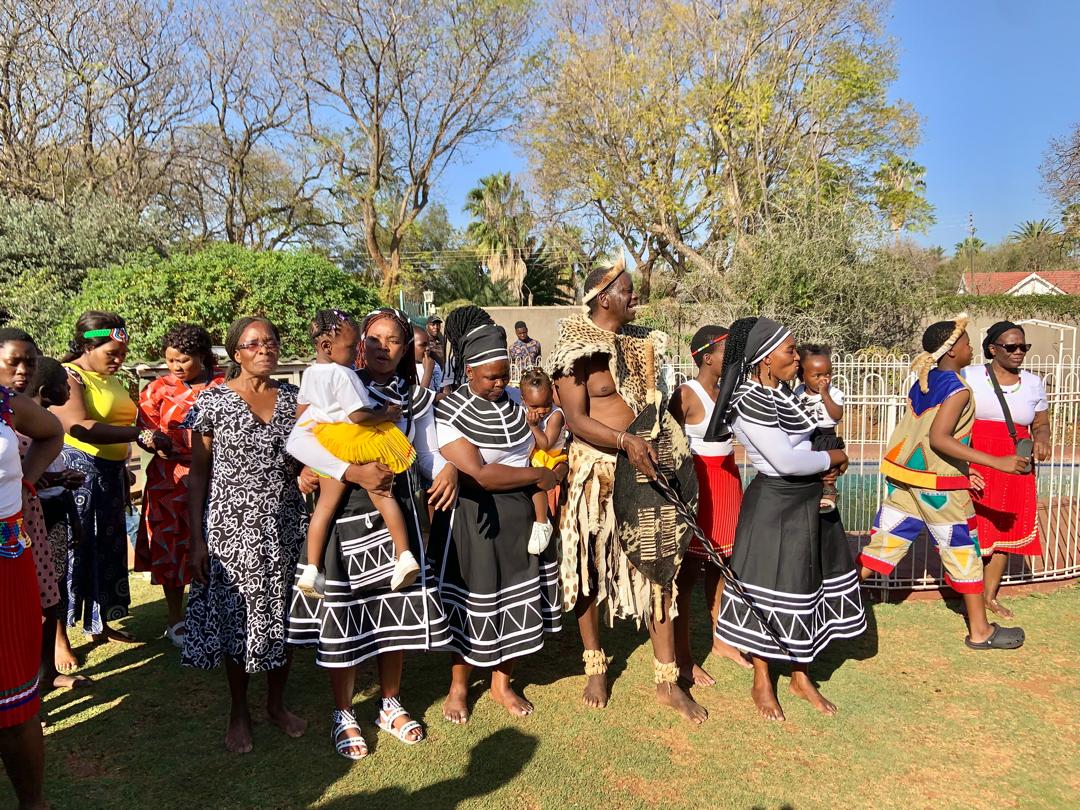Professor Solwayo Ngwenya, a prominent figure in both the medical and cultural landscapes of Bulawayo, recently hosted the 10th Annual Traditional Dance Festival at his family homestead on Saturday to celebrate Ndebele culture.
The event, held every August, has become a significant cultural tradition aimed at preserving and celebrating the rich heritage of the Ndebele nation, the Ngwenya family, and the broader community.
Professor Ngwenya, who serves as the Clinical Director at Mpilo Central Hospital in Bulawayo and runs his gynaecology practice, has been a steadfast advocate for maintaining cultural practices. Despite his extensive medical background and education, Prof Ngwenya said he remains deeply rooted in his African origins.
“This cultural event is very important because traditionally all families in our society used to hold them between the end of June and the end of September after the harvest,” Prof Ngwenya explained.
“It’s a ceremony we do to remember our ancestors and also thank God for providing rains, harvests, good health, and prosperity. This is a very long-standing tradition that has been carried by our people long before colonialism.”
The festival attracted a diverse audience, including cultural enthusiasts, traditionalists, residents, influencers, and some political leaders.
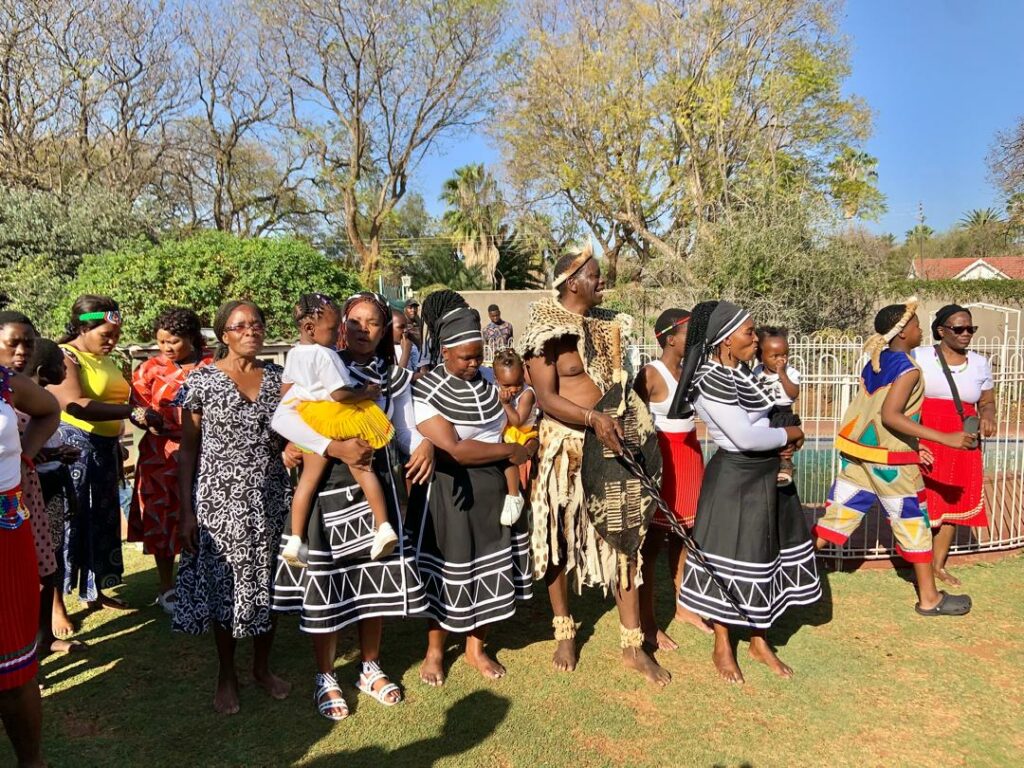
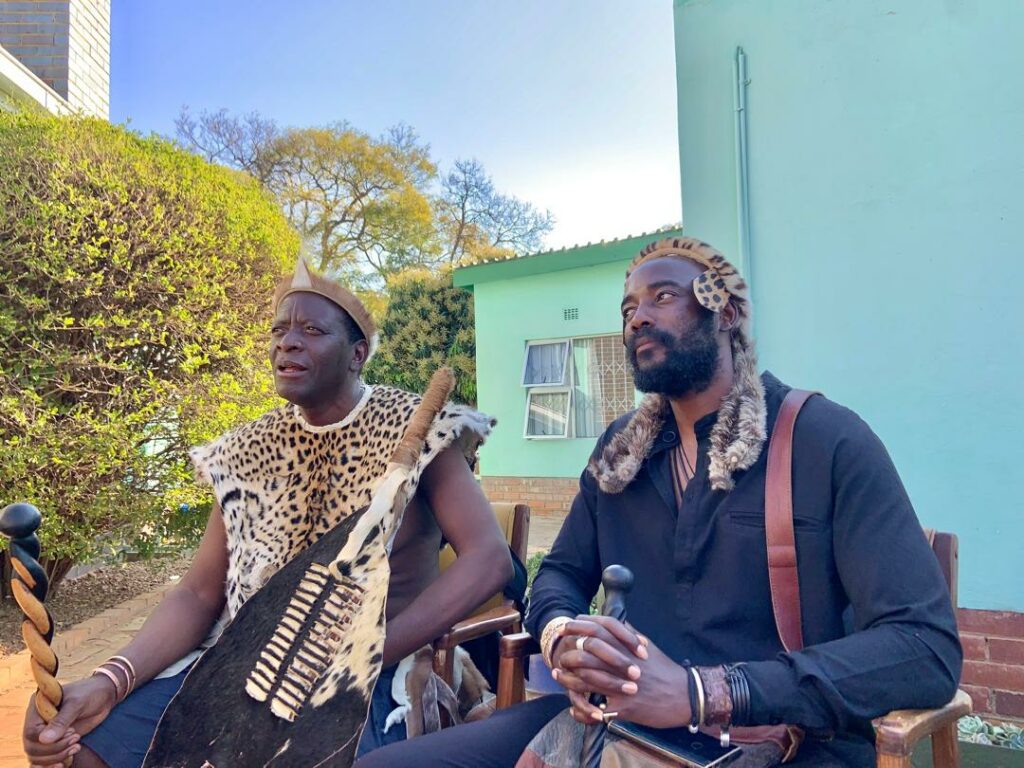
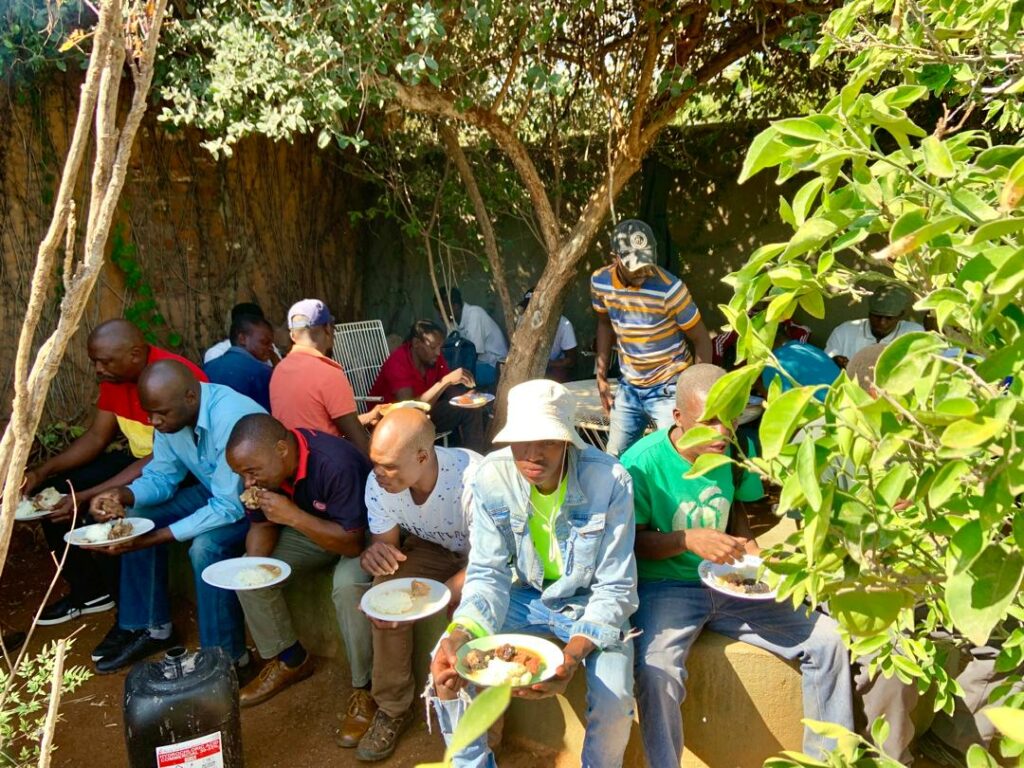
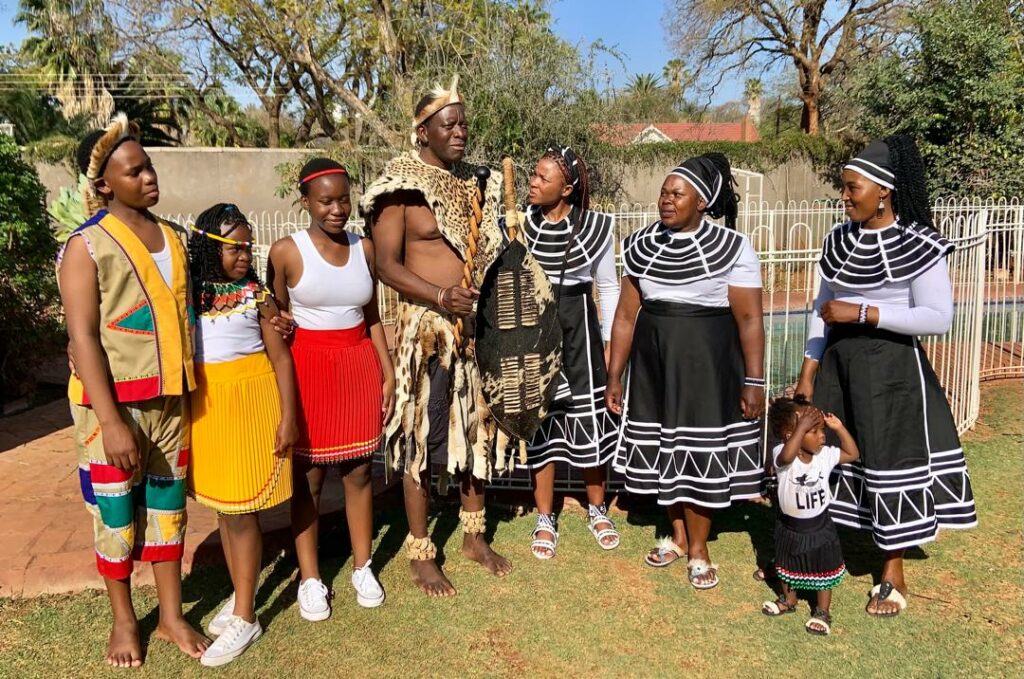
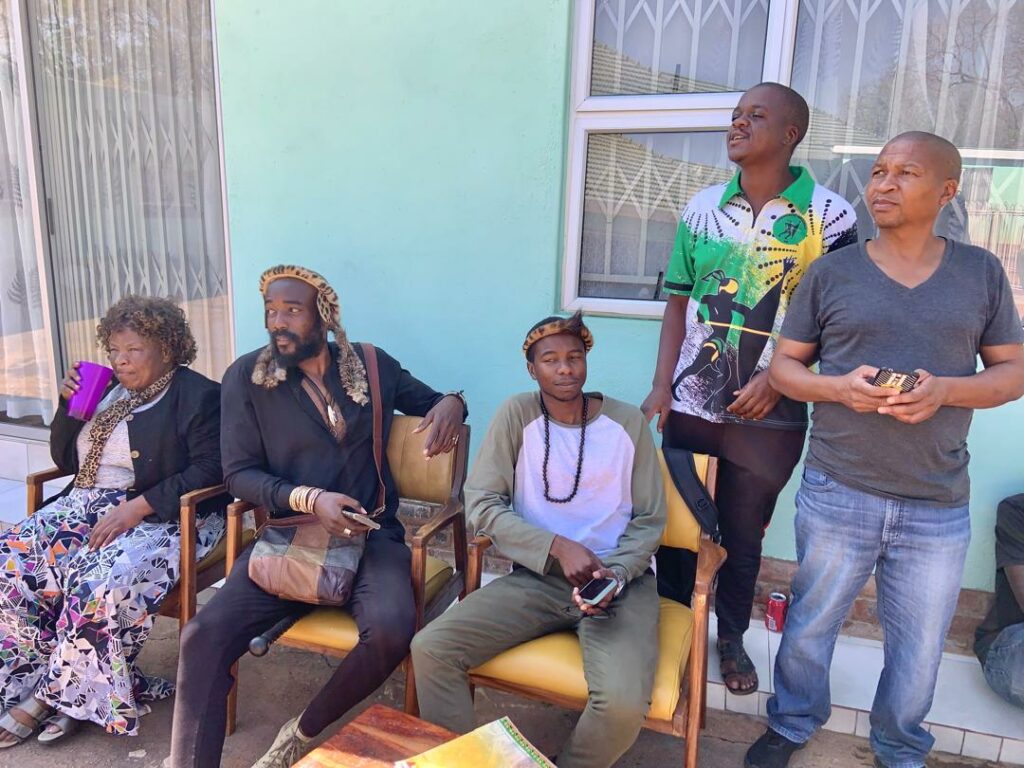
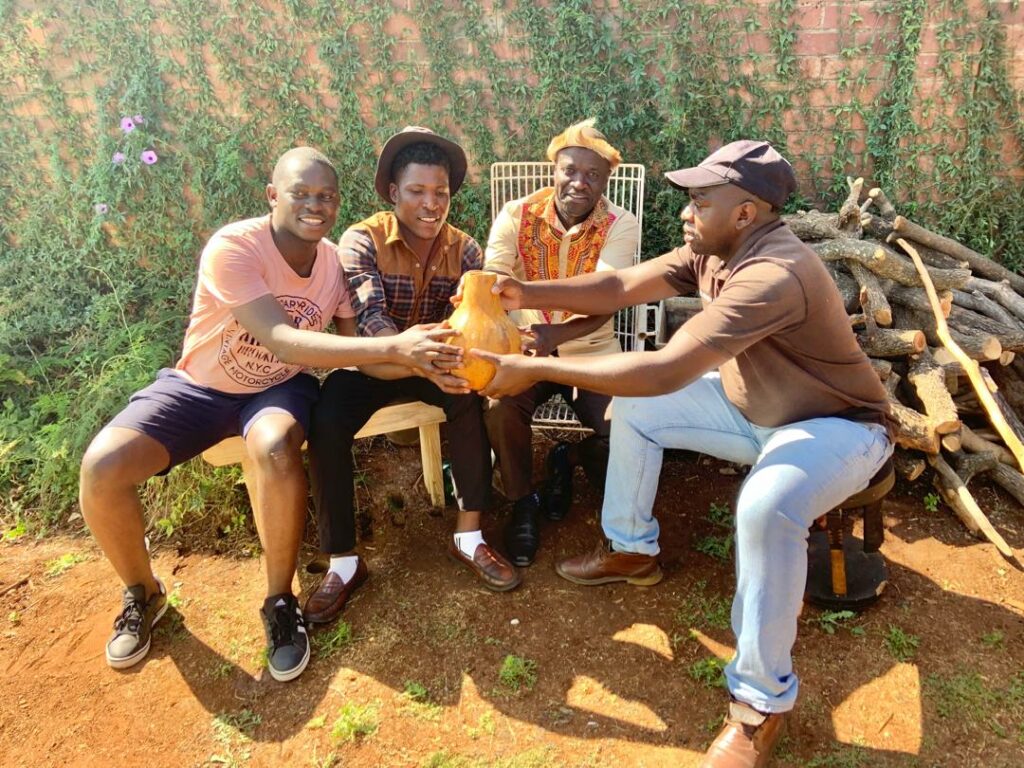
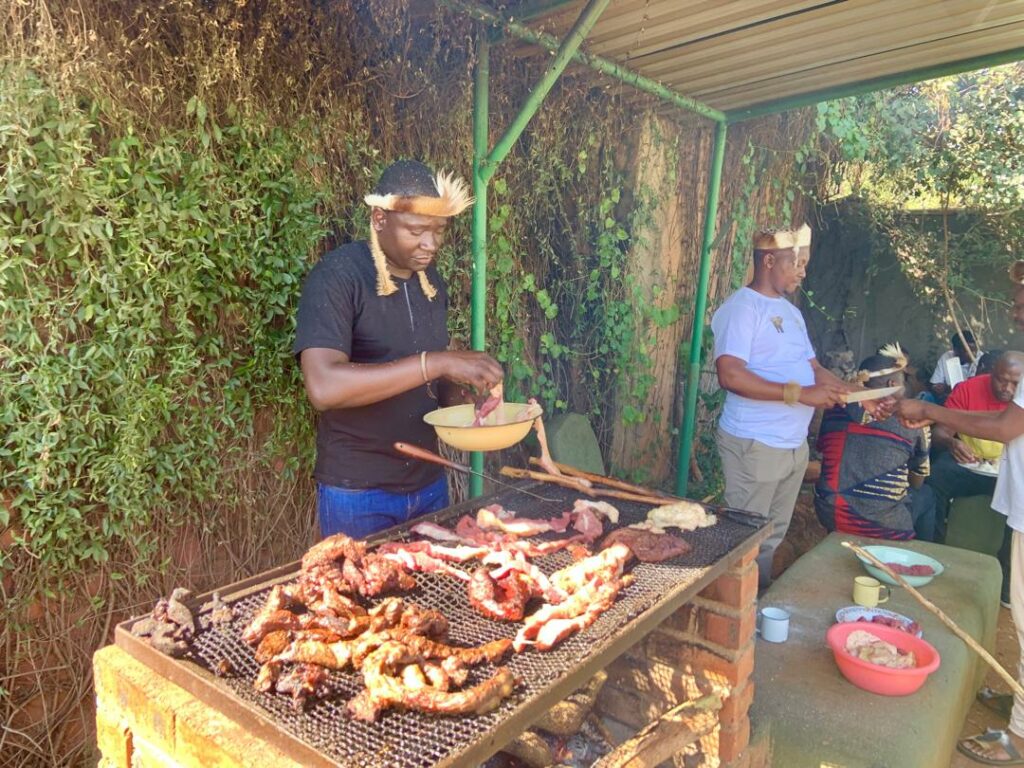
Attendees were treated to traditional dances, music, food, and rituals that honoured the ancestors and celebrated the community’s shared heritage.
“We are supposed to thank our ancestors and thank the gods for providing us with life, prosperity, and hope that they continue blessing us even amid hardships,” Prof Ngwenya added. “We will continue hosting this ceremony every year to keep in touch with our ancestors.”
Chief Dakamela of Nkayi, who attended the event, said such traditional gatherings are important for fostering social cohesion.
“It unites people from different places, makes us understand each other, develop each other, and interact as people. It also helps us realise that culture is our foundation and who we are,” he said.
The chief continued that such cultural events often remind people of who they are and where they come from. “We also realise that these events bring to us our ancestral spirits, where people who were our great-grandparents come as spirits. They say what they want to tell us. Those messages connect us with our ancestors or elders who are now late and we call them spirits,” Chief Dakamela said.
“This is communication with the living, and these messages help us go back to our culture, guide us, and make sure that we don’t lose our identity.”
Chief Dakamela also praised Professor Ngwenya for his commitment to cultural preservation, noting that his efforts are especially admirable given his extensive education and exposure to Western beliefs. “Prof Ngwenya is independent; he is not colonised. He still knows who he is and is holding on to his culture. It’s not about one being educated or that when you speak English you must throw away your culture because one who does so is colonised, is not independent, and does not know who they are,” he said.
The Chief further echoed the sentiments found in the Bible, stating, “a person who throws away their culture is lost, and a nation that also throws away its culture is even dead.” “Prof Ngwenya is on the right path, especially for someone as educated as him. It’s a good thing that he continues to stay in touch with his culture.”
Some attendees at the annual dance festival also gave homage to Prof Ngwenya for hosting the event, saying it serves as a reminder of the importance of staying connected to one’s roots in a rapidly changing world.
“Prof Ngwenya’s dedication to this cultural event and dance festival will help future generations to know and possibly also celebrate the traditions that define their identity,” said one youth.

